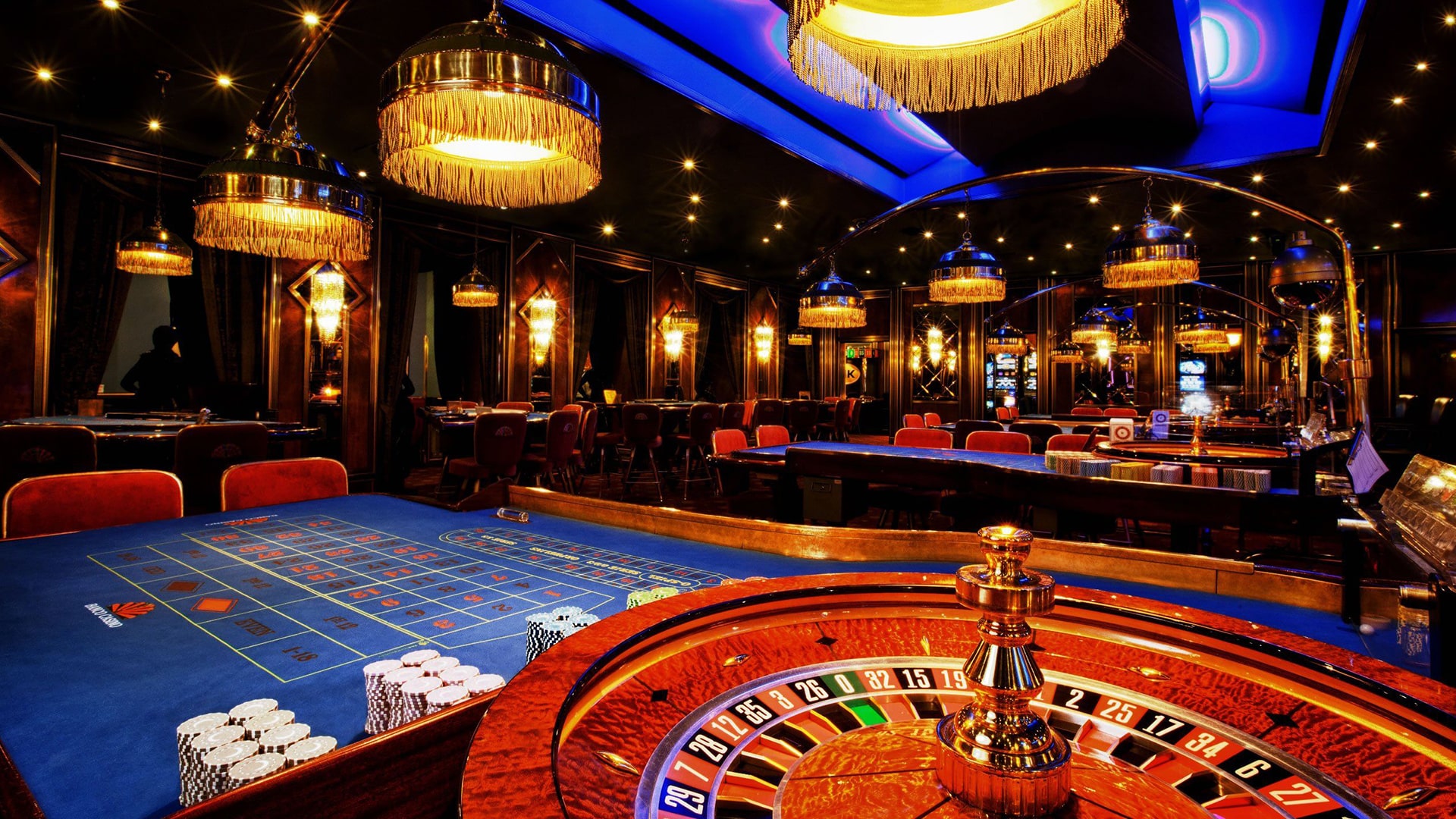Casino games have long captivated gamblers from all parts of society, drawing them into vibrant casinos filled with the noises of spinning wheels, clattering chips, and cheering crowds. The thrill of chance and the allure of potential winnings create an exhilarating atmosphere that keeps gamblers coming for more. Whether it is the thrill of a slot machine, the strategic play of poker, or the anticipation of a roulette wheel, casino games offer a unique combination of entertainment and risk that can be hard to resist.
At the heart of this fascination lies a mental pull that varies from person to person. For some, the rush of hitting a jackpot can elevate their mood, while for many, it’s a social experience that brings friends together. The colorful visuals, engaging sounds, and sometimes lavish environments of casinos greatly improve the appeal, making each visit an experience waiting to unfold. As we delve into why gamblers are drawn to these games, we uncover the underlying motivations and emotions that fuel their love for the betting tables.
The Psychology of Gambling
The allure of casino games frequently stems from the nuanced psychology of gambling as a whole. Many individuals are drawn to the excitement of risking money for the chance of winning more, as it speaks to a deep-seated human desire for excitement and gain. This excitement can create a significant emotional experience. The combination of risk and potential monetary gain can stimulate a dopamine surge, making players feel exhilarated.

Furthermore, the design of casino games is crafted to hold players interested. The use of vibrant lights, enthralling sounds, and the social setting of casinos can enhance the excitement. Players frequently find themselves submerged in these settings, where the anticipation of a win keeps them coming back for more. This sensory engagement encourages prolonged play, as the instant feedback from wins, however minor, reinforces the desire to keep playing.
Finally, cognitive distortions play a major role in gambling behavior. Many individuals fall prey to the belief in control, believing they can affect outcomes even in games of luck. This mindset can lead to overconfidence and the continuation of play, despite mounting losses. kết quả bóng đá Additionally, gamblers frequently remember their wins more vividly than their losses, which can distort their understanding and intensify the desire to gamble more. This intricate interplay between emotions and cognitive factors helps explain why so many are drawn to casino games.
The Attraction of Casino Settings
The atmosphere of a casino is uniquely enchanting, luring in gamblers with its mix of anticipation and suspense. The visuals and sounds of spinning gaming machines, cheering gamblers, and the repetitive clatter of chips create an immersive experience that is challenging to resist. The lively illuminations and energetic layout foster a atmosphere of vitality that keeps players invested and motivates them to linger more time. This contagious atmosphere contributes to the overall charm of gaming games, enticing both inexperienced and veteran players alike.
In addition, casinos are designed to engage the senses in a way that makes players feel as though they are setting out on a thrilling journey. The purposeful arrangement of entertainment choices, inviting seating, and free drinks enhance the overall attraction, making players feel valued and spoiled. Many gaming centers also feature decorative furnishings and lavish designs that take visitors to different dimensions, amplifying the thrill. Such atmospheres foster a sense of escapism, allowing bettors to forget their everyday routines and dive into the thrilling domain of gambling.
Finally, the aspect of other participants amplifies the social dimension of betting, creating a joint thrill. Connections among players, whether through friendly banter or shared joy during a big victory, cultivate a notion of bonding that many find attractive. This interpersonal engagement enhances the experience of playing gaming experiences, transforming it from a solitary activity into a joint experience. The mixture of thrill, captivating settings, and social ties makes gambling establishments an irresistible destination for players looking for fun and a possibility to gain.
Grasping Gambling Dynamics
Casino games are crafted with unique mechanics that draw in players. All games has its own set of rules, stake frameworks, and probability ratios, allowing players to engage with the game on various levels. The thrill of making a bet and the anticipation of the outcome creates an electric atmosphere. Grasping these mechanics can deepen a player’s appreciation for the game and elevate their overall experience.
Another crucial aspect of game mechanics is the principle of randomness. Many casino games, especially video slots and table games, rely on randomizers or shuffling to determine outcomes. This randomness is what keeps players revisiting; the unpredictable nature of the game creates a notion of hope and excitement. Knowing that each round or hand is independent of the last enhances to the appeal, as players feel they have a chance at winning, regardless of past outcomes.
Finally, the emotional response tied to game mechanics should not be underestimated. The excitement of a major payout or the tension during critical moments are integral to the enjoyment of casino games. Such emotional highs and lows exploit psychological triggers that keep players engaged for prolonged periods. Understanding these emotional responses to game mechanics can help explain why players are attracted to the thrill of casino games, continually seeking that next exhilarating moment.